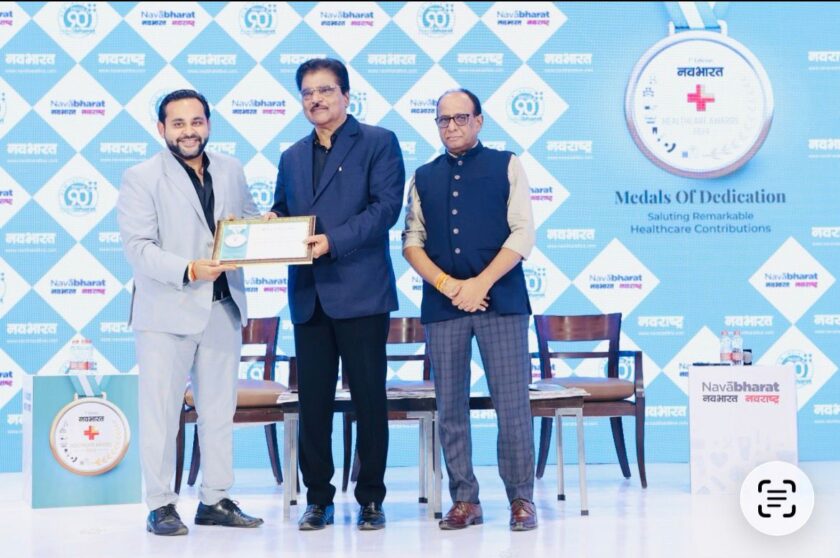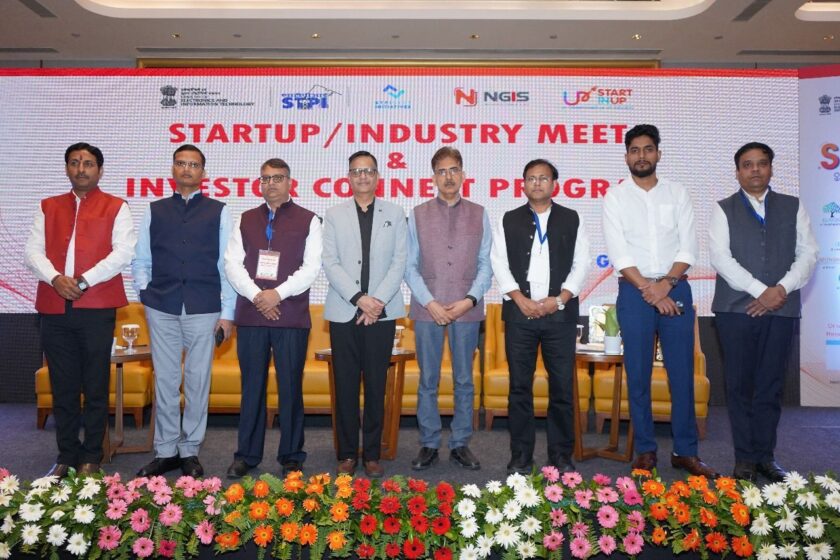New Delhi: India’s startup ecosystem in 2025 is not just thriving — it’s transforming the global tech landscape. With more than 128,000 startups spread across 670+ districts, India stands tall as the world’s third-largest startup hub. This growth is being driven by a young, digitally fluent population, over 1.2 billion internet users, and robust government support through initiatives like Startup India and Digital India. From healthtech and space-tech to agritech and wearables, Indian startups are solving complex India-first challenges while preparing to lead global innovation.
Licious: Tech at the Heart of Fresh Food
Licious, founded in 2015 by Vivek Gupta and Abhay Hanjura in Bengaluru, is revolutionizing India’s meat and seafood market using technology. With five processing units across major cities and more than 90 delivery centers, Licious offers hygienic, traceable, and high-quality meat products directly to consumers. Their data-driven supply chain ensures that every product is fresh and trustworthy. “We’re not just selling meat; we’re building a trusted brand that redefines quality and convenience,” says co-founder Abhay Hanjura.
Skyroot Aerospace: India’s Private Leap into Space
In Hyderabad, Skyroot Aerospace is leading India’s foray into private space launches. Co-founded by ISRO alumni Pawan Kumar Chandana and Naga Bharath Daka in 2018, the company made headlines by successfully testing Dhawan-1, India’s first privately developed cryogenic engine. With their Vikram-series rockets, Skyroot aims to make satellite launches as reliable and affordable as air travel. “Our vision is to democratize access to space,” notes co-founder Pawan Kumar Chandana.
boAt: Turning Audio Wearables into a Youth Movement
Mumbai-based boAt, co-founded by Aman Gupta and Sameer Mehta in 2016, has turned into India’s most loved consumer tech brand. Their affordable, stylish earphones, smartwatches, and audio gear have found deep resonance with millennials and Gen Z. What sets boAt apart is its seamless fusion of fashion and technology. “We’re not just building products; we’re creating a lifestyle that celebrates music, adventure, and individuality,” says Aman Gupta.
PharmEasy: Building a Digital Health Ecosystem
PharmEasy, founded in 2015 by Dharmil Sheth, Mikhil Innani, and Dhaval Shah in Mumbai, is one of India’s most comprehensive digital healthcare platforms. It connects millions of users to pharmacies, doctors, and diagnostic centers, offering services like medicine delivery, teleconsultations, and lab test bookings. With its AI-driven health recommendations, PharmEasy has become a crucial healthcare solution, especially in Tier II and Tier III cities. “Our goal is to make healthcare a seamless, tech-driven experience for every Indian,” emphasizes Dharmil Sheth.
Razorpay: The Backbone of Digital Business
In Bengaluru, Razorpay is enabling digital commerce across India. Founded in 2014 by Harshil Mathur and Shashank Kumar, the fintech company offers seamless payment processing and business banking solutions. Their flagship platform RazorpayX handles everything from payroll automation to vendor payments. Today, over 8 million businesses rely on Razorpay for their financial infrastructure. “We’re building the financial backbone for India’s digital economy,” says co-founder Harshil Mathur.

Talkfever: India’s Own Social Super App
Founded in 2019 by Shivram Verma in Gurugram, Talkfever Social Media Ltd is carving a space for an inclusive, homegrown social platform. With 6.8 million users and growing, Talkfever offers more than just social networking—it’s a digital ecosystem. Features like Vdo Junction for video streaming, SarchBazar for e-commerce, and Adbazzaar for monetization tools empower users and businesses alike. “We’re not just a social platform; we’re a movement to empower every Indian with digital access and opportunities,” affirms Verma.
Agrostar: Digital Support for Indian Farmers
Pune-based Agrostar, founded in 2013 by brothers Shardul and Sitanshu Sheth, is changing the face of Indian agriculture. By offering AI-powered advisory, weather updates, and direct access to seeds and fertilizers, Agrostar is equipping farmers with tools for better productivity and income. It has already transformed the lives of millions of farmers. “We’re leveraging technology to make farming smarter, more profitable, and sustainable,” says Shardul Sheth.
What’s Fueling India’s Tech Boom
India’s startup growth is powered by a massive, mobile-first market, a supportive policy ecosystem, and rising global investor confidence. Over $20 billion was raised in startup funding in 2022 alone, with sectors like fintech, healthtech, and deep tech attracting significant interest. The government’s push through schemes like the Startup India Seed Fund and platforms like BHASKAR is further propelling innovation across sectors.
India’s Global Tech Ambitions
As Indian companies like boAt and Razorpay expand into international markets, the country is proving that its innovation is globally competitive. Prime Minister Narendra Modi recently remarked, “The golden era of India’s startups is starting now,” a statement echoed by entrepreneurs and investors alike. With 111 unicorns and a projected ecosystem valuation of $450 billion by the end of 2025, Indian startups are not just scaling — they’re setting the global agenda.
The Next Chapter
Whether it’s a farmer in rural Maharashtra using Agrostar, a young professional grooving to music on boAt Airdopes, or a scientist launching satellites with Skyroot — India’s tech revolution is being written in every corner of the country. As investor and author Bhaskar Majumdar puts it, “India is a hotbed of technological innovation.” The startups of today are laying the foundation for a smarter, stronger, and more inclusive tomorrow.









